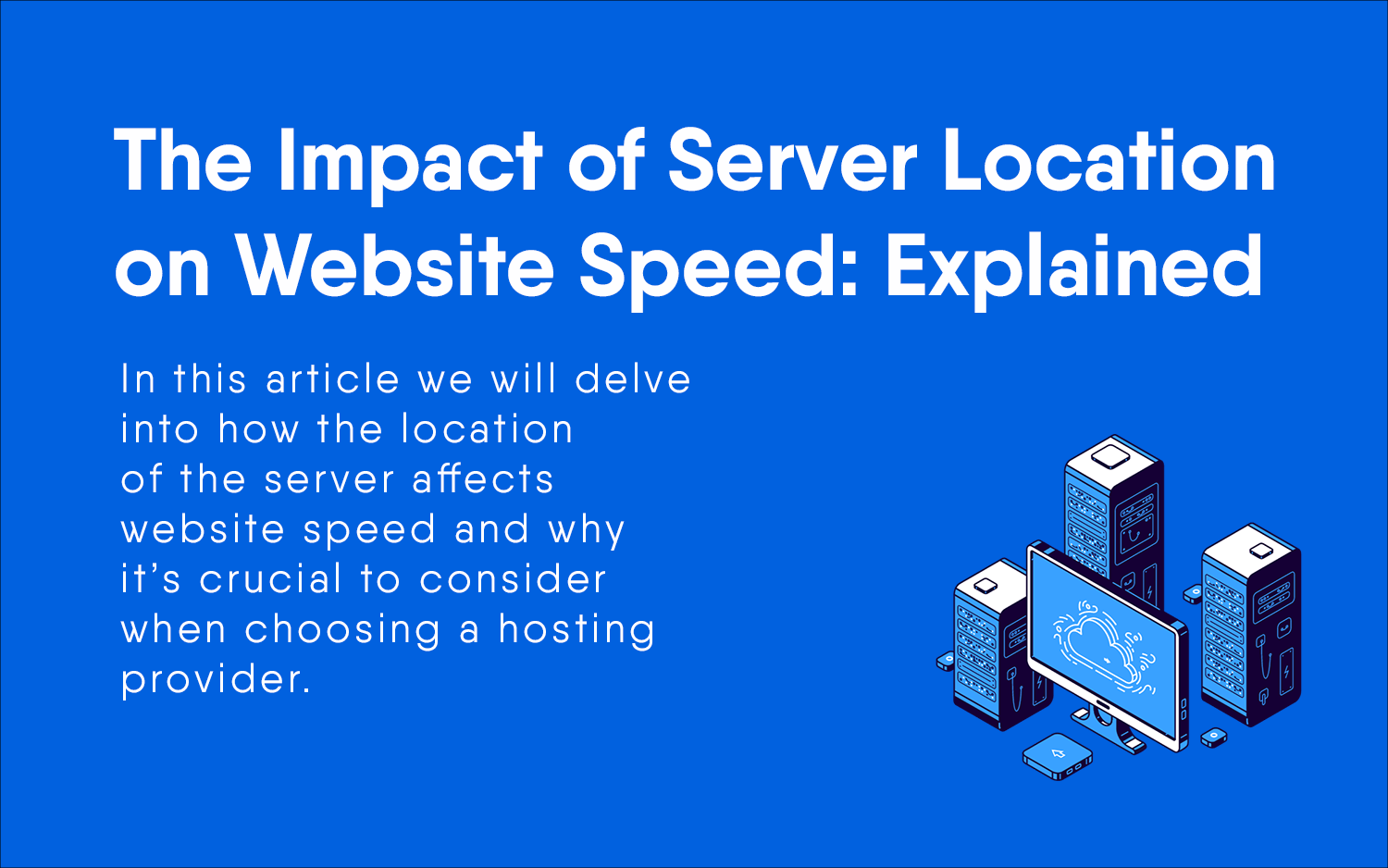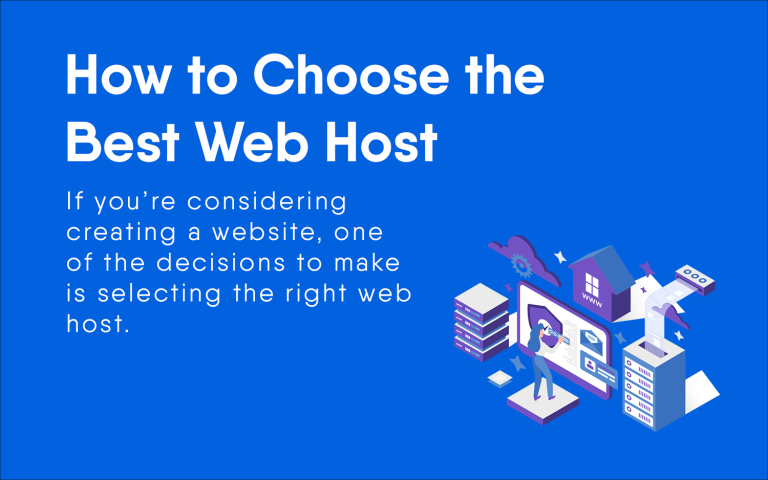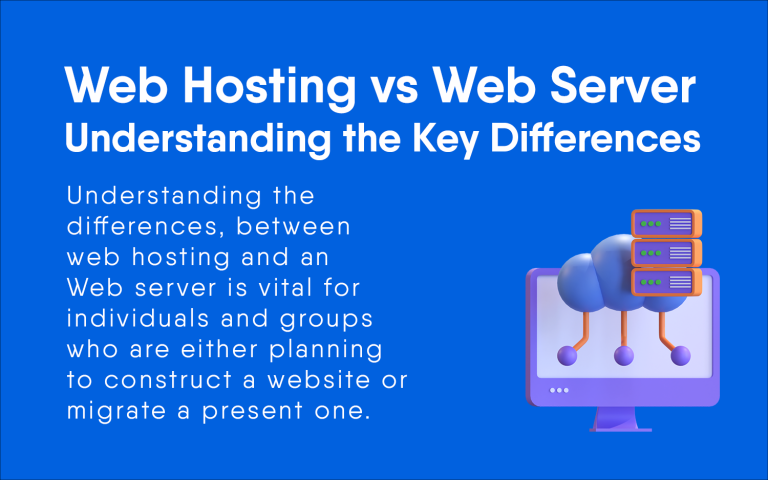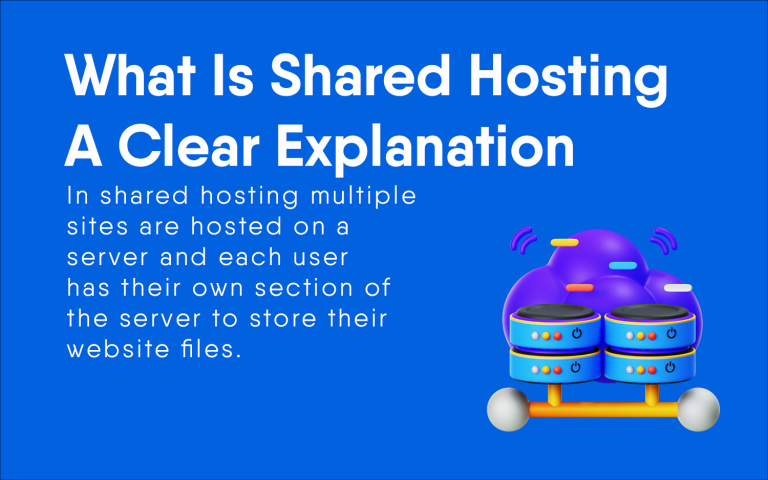The Impact of Server Location on Website Speed: Explained
As website owners we all share the desire for our sites to load quickly and offer a user experience. However various factors can influence website speed, including the whereabouts of the web hosting server. In this article we will delve into how the location of the server affects website speed and why it’s crucial to consider when choosing a hosting provider.
Understanding the correlation, between server location and website speed is paramount for website owners aiming to deliver responsive user experiences. The proximity of the server plays a role in determining how quickly a website loads because data needs to travel from the server to the users device. When the server is located away it takes time for data to travel resulting in slower loading times. This delay, known as latency can have effects on both user experience and SEO rankings.
So why does web hosting server location matter? How does it impact performance? In essence having a proximity between the server and user leads to faster loading times for websites. Additionally search engines take into account website speed when ranking search results; hence selecting a location for your server becomes critical not only for providing swift and responsive user experiences but also, for enhancing your websites SEO performance.
Key Takeaways
- The location of the server has an impact, on the speed of a website and the overall user experience.
- When the server is closer to the user the website loads faster.
- Choosing the optimal server location is crucial for ensuring a fast and responsive user experience while also improving your websites SEO performance.
Understanding Server Location and Website Speed
The physical location of the server plays a role in determining how quickly a website loads and performs. As we all know the Internet is a network of interconnected servers. When a user requests a website it is served by the server to them delivering its content. This means that if hosting servers are located far from users it will take longer for websites to load. The reason behind this delay is that data has to travel over distances resulting in latency. Hence it becomes essential to choose a hosting server location that’s nearest to your target audience.
Apart, from distance internet connection quality also affects website speed.
For instance if a user is, in an area with an internet connection the website will take longer to load even if the server is nearby. To enhance the speed and performance of your website it’s crucial to select a web hosting provider that offers servers in locations. This way you can choose a server location that’s closest to your target audience ensuring loading times and an improved user experience.
The Importance of Web Hosting Server Location and its Impact on Performance
When it comes to website performance the physical location of your hosting server plays a role. In this section we will explore how server location affects website speed SEO rankings, legal compliance and more.
Website Speed is Affected by Server Location
The closer the server location is, to your website visitors geographical location the quicker your site will load. This occurs because data has a distance to travel resulting in latency. The term “latency” refers to the time it takes for data to travel between a server and a client in both directions. As a result selecting a hosting provider that has servers situated close, to your target audience can greatly enhance the speed of your website.
Server Location Impact on SEO Rankings
Search engines, such as Google consider the speed of a website when determining its rankings in search results. If your website takes long to load it can have an impact on your SEO rankings and consequently reduce its visibility. Therefore it’s crucial to opt for a hosting provider that has servers located in the region as your intended audience.
Server Location Influence on Legal Compliance
If you run a business that collects data you may be obligated to comply with data protection laws. Some countries have regulations regarding where data can be stored and transferred. For instance the General Data Protection Regulation (GDPR) of the European Union mandates that personal data belonging to EU citizens is only allowed to be transferred to countries with data protection laws. Hence selecting a hosting provider with servers situated in a country that aligns with your obligations is essential.
How Search Engines Interpret Server Locations
Search engines, like Google utilize the IP address of websites to determine their server locations. It is essential to choose a hosting provider that has servers, in the region as your target audience. If you have a country top level domain (ccTLD) it can also assist search engines in understanding who your website is intended for.
Improving Speed and Proximity with CDNs
Content delivery networks (CDNs) can enhance website speed and proximity by storing your websites content on servers located worldwide. When a user requests a page the CDN serves the cached content from the server to them resulting in loading times. CDNs can also enhance website security. Reduce server load.
To summarize the physical location of your hosting server significantly affects website speed SEO rankings, legal compliance and more. Therefore it is crucial to choose a hosting provider with servers in the region as your target audience and consider leveraging CDNs to improve website speed and proximity.
Tips for Choosing and Ideal Server Location (Hosting)
When deciding on the server location, for your needs there are important factors to consider. In this section we will discuss some of these considerations to help you make a decision.
Identify Your Target Audience
Understanding your target audience is essential when determining the ideal server location. If your website caters to a region or country hosting it on a server can greatly enhance the user experience and increase engagement. For instance if your target audience resides in Europe opting for a server can reduce latency. Improve website speed.
Leverage Content Delivery Networks (CDNs)
Another way to boost website performance is, by leveraging Content Delivery Networks (CDNs). CDNs consist of servers spread across locations that cache and deliver website content from the server to users locations. This helps minimize latency and enhances speed for users situated away from the server location.
Assess Data Center Quality
It’s crucial to evaluate the quality of data centers when choosing a server location. An excellent data center should have power and cooling systems, redundant network connections and robust physical security measures. Opting for a data center with a proven track record ensures that your server remains dependable and accessible.
Conduct Server Response Time Tests
Conducting tests to measure server response time is vital, in selecting an optimal server location. To conduct tests on the response time of servers you can utilize tools such, as Pingdom, GTmetrix or Google PageSpeed Insights. These tools assist in identifying the server location that offers the response time for your target audience.
Consider Scalability and Redundancy
It is important to consider scalability and redundancy when choosing a server location. A reliable hosting provider should provide resources and redundancy options to ensure that your website can handle increases in traffic and maintain availability. Opting for a server location with data centers can also enhance redundancy and availability in case of a data center outage.
In summary selecting the server location is crucial for optimizing website speed, performance and availability. By taking into account factors like target audience, CDNs (Content Delivery Networks) data center quality, server response time and scalability you can make a decision to ensure that your website operates at a level of speed, reliability and accessibility.
The Importance of Latency
Latency refers to the time it takes for a packet of data to travel from its source to its destination. It significantly impacts website speed and user experience. In this section we will delve into how latency affects website speed and user satisfaction.
Latency and Distance
The physical distance between website visitors and the servers hosting websites plays a role, in latency. The further the server is, from the user the time it takes for data to travel back and forth resulting in increased latency. This means that people who are away from the server may experience longer wait times for web pages to load.
To minimize the impact of distance on latency website owners can utilize content delivery networks (CDNs). CDNs store cached versions of the content of a website in locations worldwide. When a visitor requests the website the CDN serves the content from the server to that visitor reducing both distance and latency.
Latency and User Experience
Latency can significantly influence user experience. Slow loading web pages can lead to bounce rates and shorter durations spent on a site, which ultimately diminishes user engagement and satisfaction. According to a study conducted by Google, an increase in page load time from one to three seconds results in a 32% likelihood of visitors bouncing off.
To enhance user experience website owners should strive for faster page load times. Achieving this requires reducing site latency and optimizing images and other content elements by utilizing a fast and dependable web hosting provider.
In conclusion latency plays a role in determining website speed and performance. The physical distance, between visitors accessing a website and its hosting server impacts latency levels.
To mitigate the effects of distance, on latency website owners have the option to utilize Content Delivery Networks (CDNs). When page load times are slow due to latency it can have an impact on users experience leading to higher bounce rates and decreased dwell time. Therefore it is crucial for website owners to prioritize fast page load times by reducing site latency optimizing content and selecting a fast and reliable web hosting provider.

Faisal Rafique
I’m an accomplished entrepreneur and content creator with a strong background in technology and software engineering. My expertise spans web development, eCommerce, programming, hosting management, technical support, and data science. I hold a Master’s Degree in Computer Science and Engineering, and I have over 5 years of professional experience, which I leverage to grow my digital business and popular blog, FaisalRafique.com




